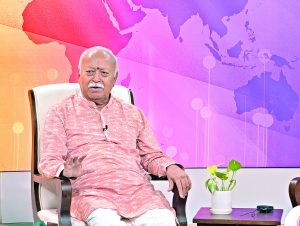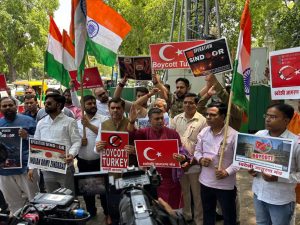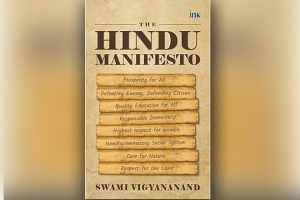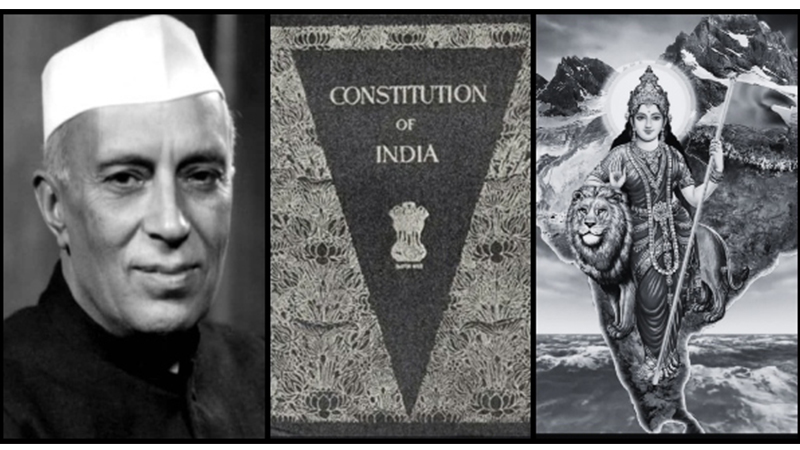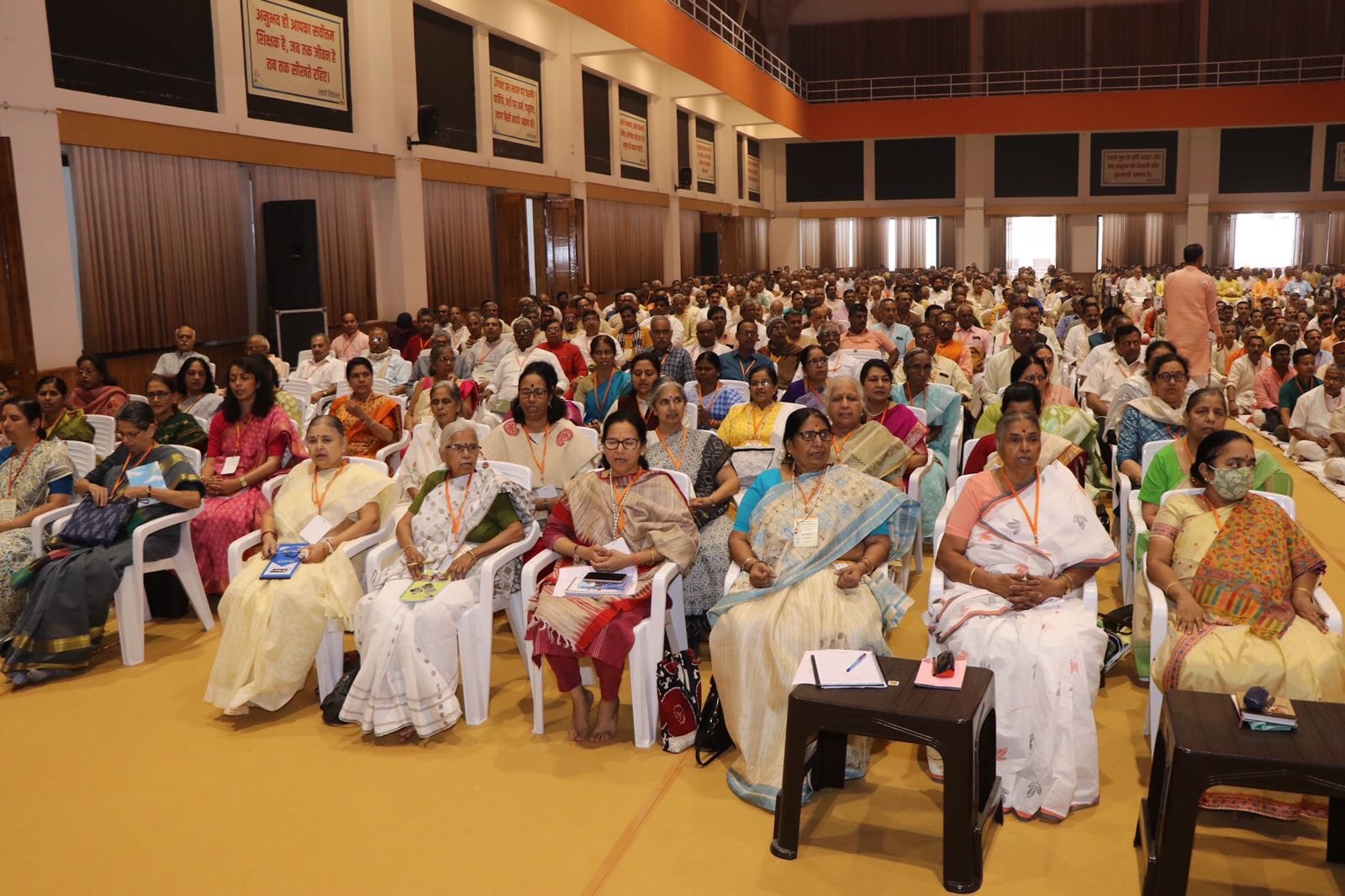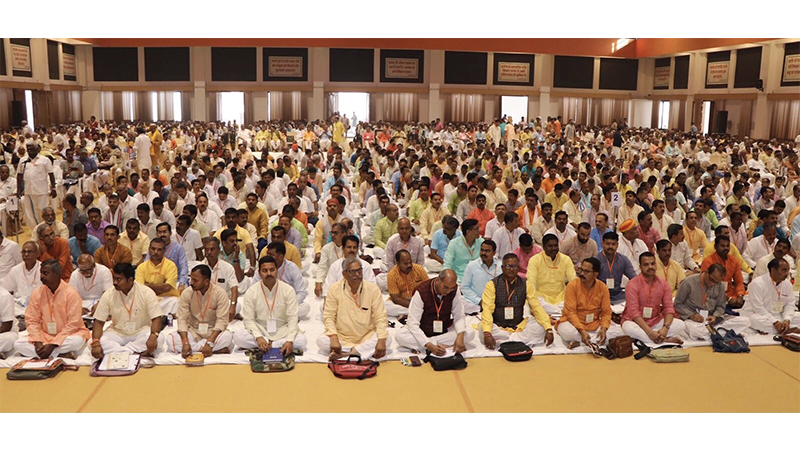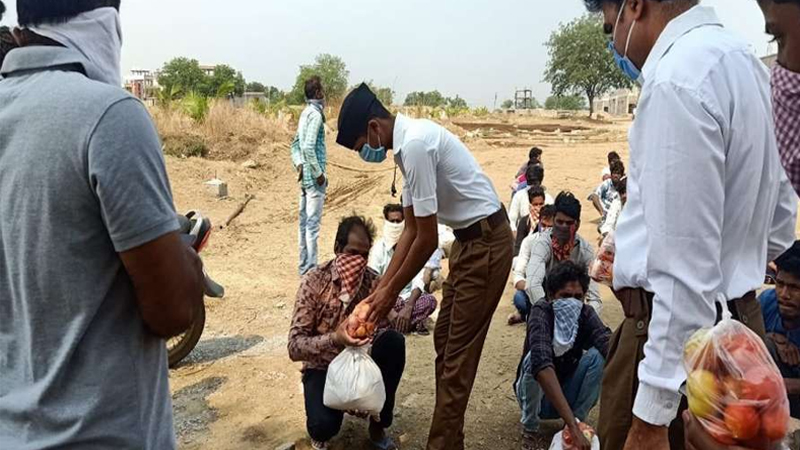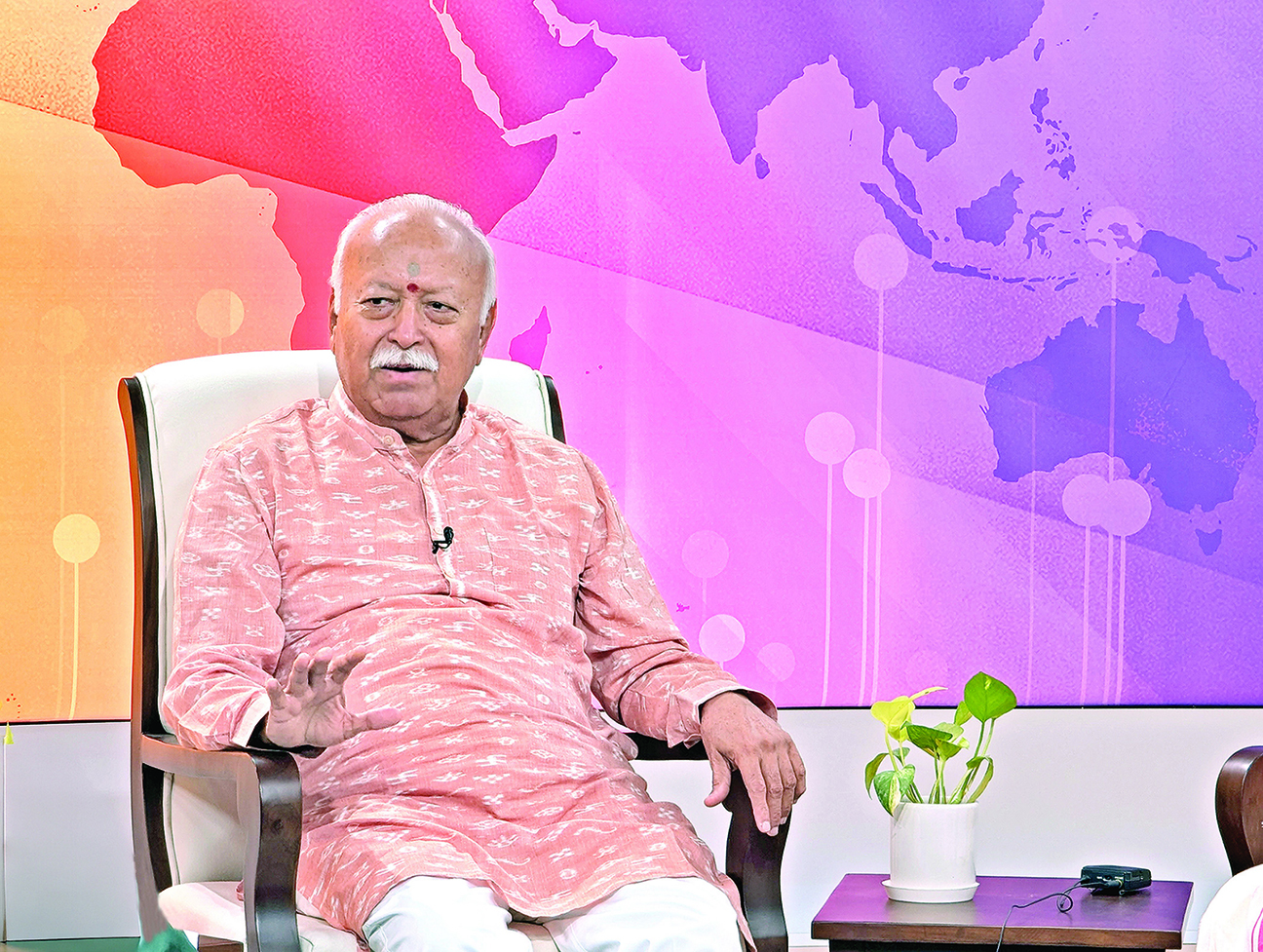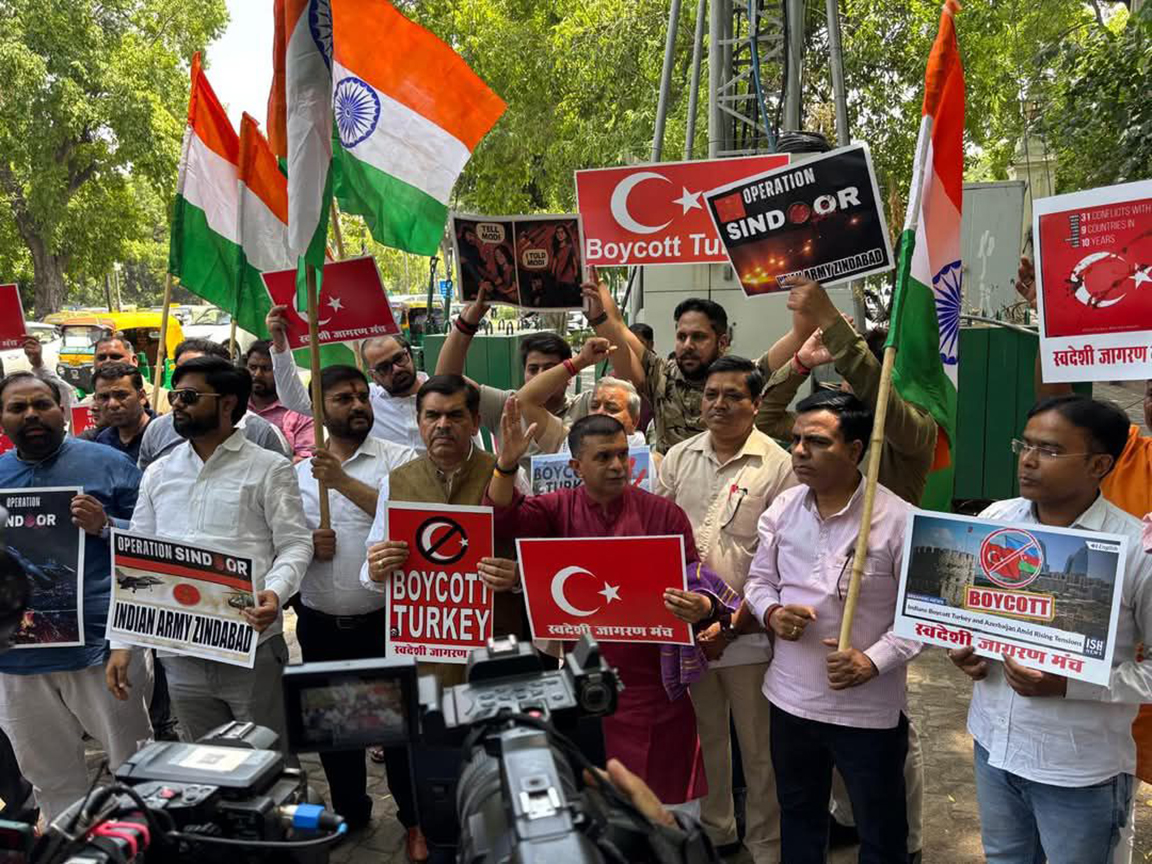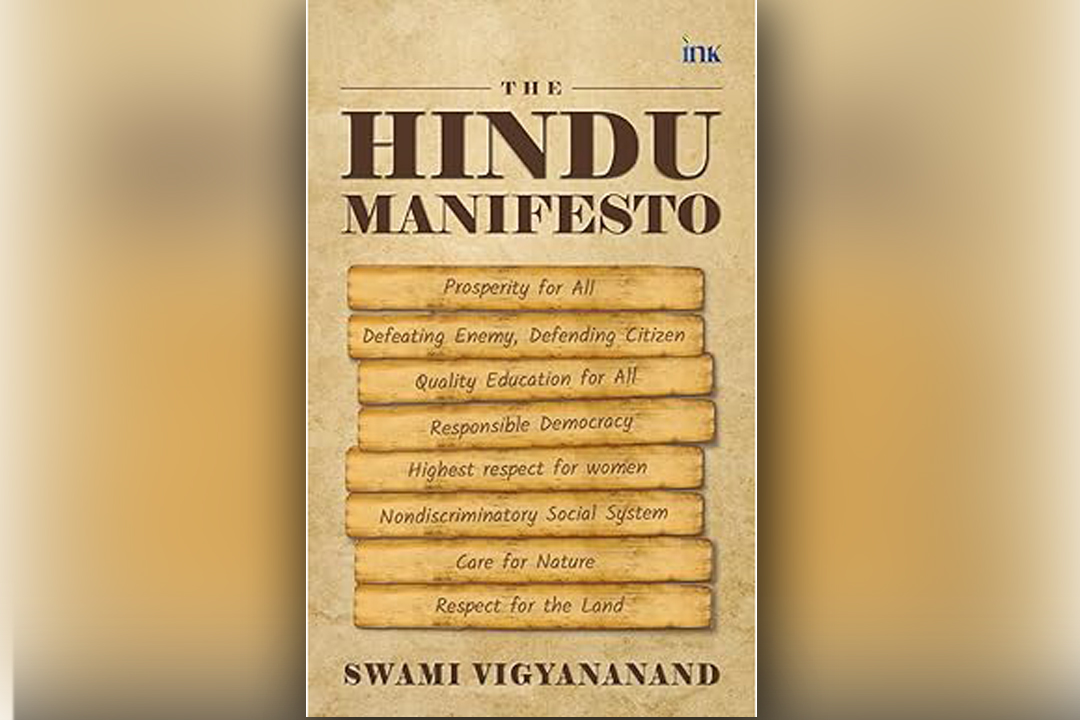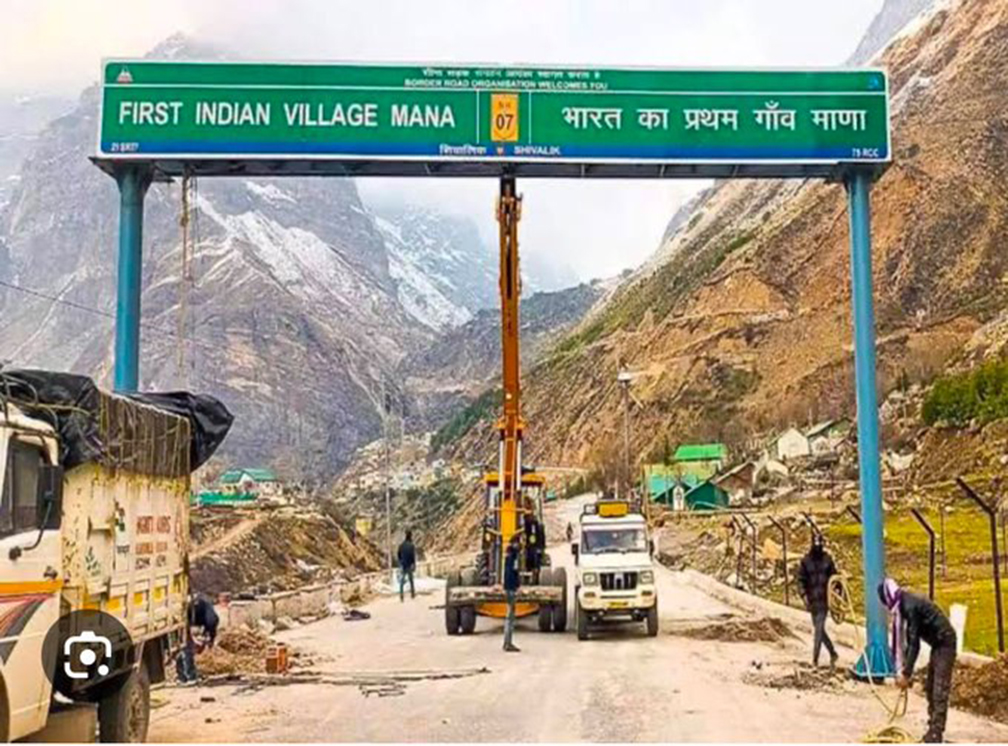How RSS is carrying forward the vision of Ambedkar to bring greater social harmony
Updated: April 13, 2025 9:11
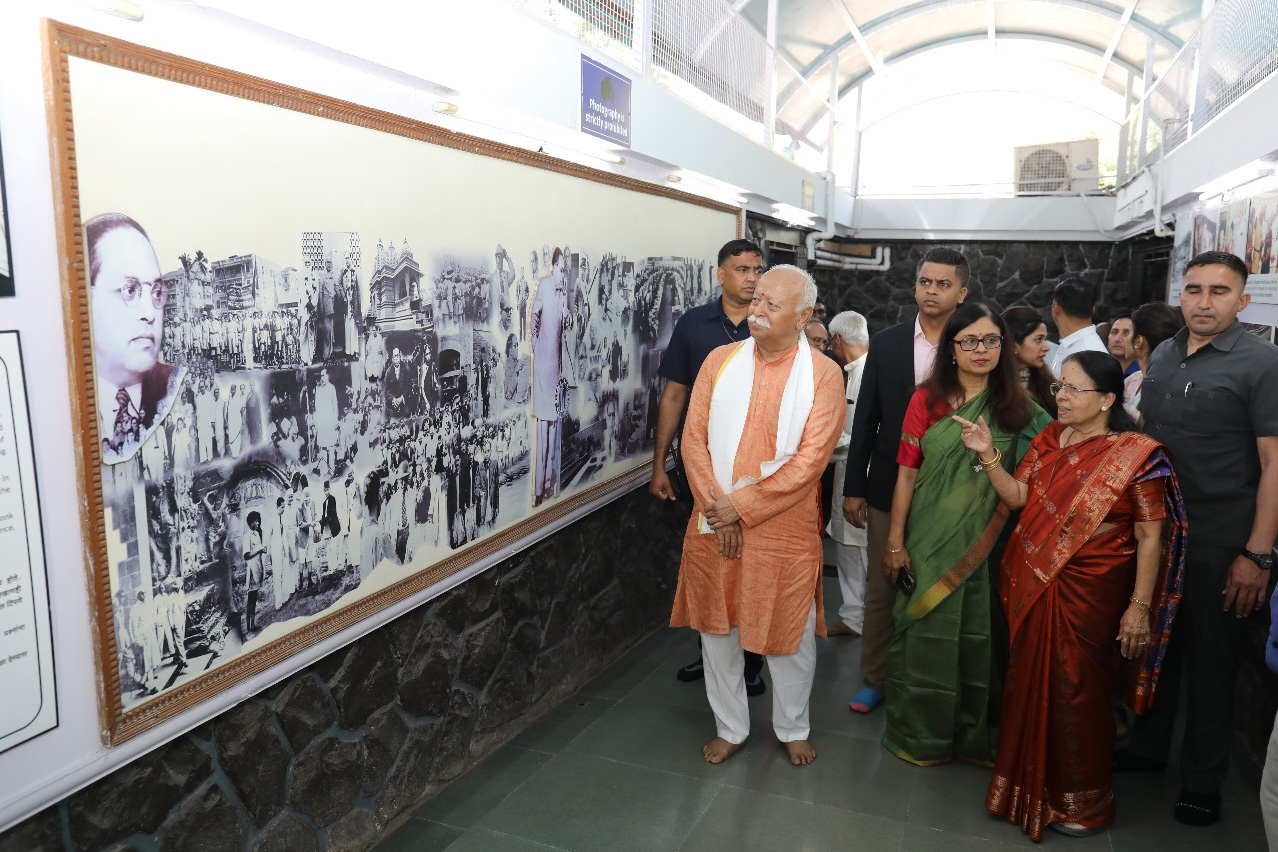
The call for a society without caste -based discrimination has resonated across generations of reformers in India. For Dr Bhimrao Ramji Ambedkar, the key architect of the Indian Constitution who had suffered caste discrimination, it meant dismantling deep-rooted social inequities that were perpetuated deliberately during the British colonial rule. His vision was amply reflected in the Constitution of India that came into effect from 26 January, 1950. However, the spirit of the Constitution in this regard was to be implemented on the ground too.
Incidentally, if any one organisation comes closest to realising this Constitutional spirit which is manifestaion of the vision of Dr Ambedkar, it is unarguably Rashtriya Swayamsevak Sangh(RSS).
Dr Ambedkar was born in Mhow on 14 April, 1891 in Mhow, a town situated in the central Indian state of Madhya Pradesh. The Indian government as well as common people commemorate 14 April every year as ‘Ambedkar Jayanti’.
However, the RSS works hard throughout the year to end caste-baseddiscrimination, and it has been doing this right since its inception.
The very objective of establishing the RSS in 1925, as spelled by its founder Dr KB Hedgewar, was to unite the Hindu society by transcending caste based social divisions. His vision of SamajikSamarasta (social harmony), a social order anchored in mutual respect and equality, continues to shape the ethos and functioning of the RSS nearly a century later.
Aligned with this foundational vision, social harmony remains one of the core focus areas of the RSS. From its inception, the organisation has placed consistent emphasis on fostering social cohesion and eliminating caste-based discrimination. This enduring commitment to unity and dignity for all sections of society remains central to the Sangh’s mission and that is a prime reason for its rapid expansion, massive footprint and growing influence in all spheres of society.
On ground, the RSS volunteers (Swayamsevaks) actively work to engage with the marginalised sections of the society. Every year, when the highestdecision-making body of the RSS-Akhil BharatiyaPratinidhi Sabha (ABPS) meets , the RSS Sarkaryavah (General Secretary) presents a comprehensive report assessing the performance of various initiatives, including SamajikSamarasta.
This year, the ABPS met from March 21 to March 23, 2025, in Bengaluru, in the Indian state of Karnataka, against the significant backdrop of RSS completing its centenary on Vijaya Dashami in 2025. The meeting, attended by around 1,500 delegates, discussed several initiatives to promote social harmony as a part of its yearlong centenary celebrations.
The annual report of the RSS highlighted that at 1,084 locations, its volunteers have taken proactive steps to eliminate regressive social practices such as the denial of temple entry and the restriction on sharing drinking water sources. These efforts aim to foster dignity and inclusion across all sections of society.
At more than 260 places, Swayamsevaks have extended support to sanitary workers by providing food, hygiene materials, medical check-ups, and essential tools for their work—demonstrating the Sangh’s commitment to both social upliftment and mutual respect.
Treating the fellow swayamsevak as a brother is one of the initial principles taught at its daily one hour meetings called ‘Shakha’. The RSS has currently more than 83000 shakhas.
Mahatma Gandhi during his 1934 visit to an RSS camp witnessed and praised that caste held no relevance for the RSS volunteers. Similarly, Ambedkar appreciated the organisation’s caste-neutral conduct during his visits in the 1930s and 1950s.
The formation of organisations like Vishwa Hindu Parishad (1964) and Vanvasi Kalyan Ashram (1950s), by the RSS volunteers also aimed at social integration of the downtrodden into the mainstream. Practices like ‘Sahbhoj’ (community meals) further reflect the organisation’s internal rejection of caste markers.
A landmark 1974 speech by its third Sarsanghchalak(chief mentor) BalasahebDeoras called for the complete eradication of untouchability, equating it morally to slavery. This speech remains a guiding reference for the RSS on social harmony.
A close look at Deoras’ historical speech clearly shows that the RSS carried forward the vision of Ambedkar both in word and spirit. Deoras said, “Untouchability is a… saddening and unfortunate aspect of our social inequality. Some thinkers opine that it was non-existent in the olden times, but at some stage, during the passage of time, it gatecrashed into our social system and took root. Whatever be its origin, all of us consider that untouchability is a terrible folly and it must, of necessity, be thrown out lock, stock and barrel. There are no two opinions about it. Abraham Lincoln, who abolished slavery in America, said, “If slavery is not wrong, then nothing is wrong.” Similarly, it is for all of us to declare, “If untouchability is not wrong, then nothing in the world is wrong!” Every one of us must, therefore, aim at eradicating social inequality in each and every form. We must clearly explain to the people at large how our society became weak and disorganised on account of social inequalities. We must also show them the way to get rid of them. It is necessary that every individual must make his or her contribution in this effort.”
DattopantThengadi, an RSS stalwart and ideologue, who worked closely with Ambedkar wrote in the latter’s definitive biography (Dr. Ambedkar aur Samajik Kranti ki Yatra, pp. 249), “Ambedkar and Hedgewar may have started from different points in history and adopted distinct methods, yet both upheld the ideals of equality and social harmony. Even among those who speak only the language of absolute equality, there remains—perhaps unknowingly—a regard for social harmony. Those who are fully committed to the idea of social harmony have an inner realization of social equality. Hence, the difference lies only in the emphasis. The social egalitarians, whom we refer to as social reformers, require social harmony to achieve their aims.”
(The writer is an author and columnist)
